Emergency Dentist NYC | Same-Day Dental Emergency Care in Manhattan

Patient traveling in New York presented to 209 NYC Dental with Dental emergency after her crown fell out.

Dr. Nikitayev repaired broken tooth and recemented the crown same day. Patient was able to continue with her travels and enjoy New York City.
In pain right now? Looking for “emergency dentist near me open now”? Our 209 NYC emergency dentists will see you today in Midtown East. We provide emergency and urgent dental care with immediate assistance for severe pain, injuries, and infections. Same-day X-rays, exam, and a prompt treatment—all under one roof. PPO dental insurance accepted; $125 emergency evaluation for patients without insurance (exam + up to 2 X-rays + diagnosis + prescription if needed).
Urgent Care Hours: Monday –Thursday 7:30am–6:30pm • Friday 7:30am–5:00pm • Saturday 7:30am–3:00pm • Sunday 9:00am–3:00pm
Emergency walk-ins welcome! However, we encourage you to call us first since it will help us to accommodate you better and minimize any surprises! When you call us we’ll reserve the earliest emergency appointment same day. The goal for our NYC emergency dentists to minimize wait times for emergency patients and to provide the best dental care so you feel better fast.
Key Takeaways
- Same‑day emergency appointment available 7 days a week—call 212‑355‑2290 for immediate assistance. Appointments only to minimize wait and fast‑track emergency patients.
- Affordable access: $125 emergency evaluation for patients without insurance; PPO dental insurance accepted; clear cost estimates before any procedure; CareCredit financing available.
- Comprehensive emergency dentistry in New York City: We treat severe pain, infections, broken or chipped teeth, lost fillings/crowns with on‑site specialists (endodontics, oral surgery, periodontics, pediatrics) and same‑day dental crown or bonding when appropriate.
- ER vs. dentist: For a life threatening emergency (trouble breathing, fever with facial swelling, uncontrolled bleeding), go to the nearest emergency room. Otherwise, contact our NYC dental office for urgent dental care and prompt treatment to prevent further complications.
- What to do now: Cold compress for swelling; keep a knocked‑out tooth moist (milk/saliva); bring a lost crown/filling; schedule an appointment today.
Get Immediate Relief Today
What To Do Right Now if You Have Dental Emergency
If this may be a life threatening emergency (trouble breathing, facial swelling spreading, allergic reaction, uncontrolled bleeding), go to the nearest emergency room or call 911 first. Otherwise our emergency dentists are here to help.
- Control swelling/pain: cold compress outside the cheek; OTC pain relievers as directed.
- Knocked-out tooth: handle by the crown (not the root), gently rinse if dirty, keep moist in milk or saliva, and come in within 30 minutes.
- Lost filling/crown: bring it with you; often we can recement or replace same day.
- Call 212-355-2290. We triage immediately and hold the next same-day appointments.
Looking for dental urgent care NYC? We’re Here to Help. Call Today.
Call Us Now Request Appointment Online
Common Dental Emergencies:
Symptoms, Urgency & Same‑Day Treatments We Provide
1) Severe Toothache with Facial Swelling ▾
- Symptoms: Throbbing pain, sensitivity to hot and cold, possible facial swelling, bad taste, tenderness to biting.
- Is it critical? Yes — urgent evaluation is recommended, especially with fever or swallowing difficulty.
- Likely same‑day solution: Drainage and pain relief; root canal therapy if restorable, or extraction if not.
- Who treats this? Endodontist — Dr. Chiyoon (Yoon) Ahn
- Learn more: See how a root canal removes infection and relieves pain.
2) Knocked‑Out (Avulsed) Tooth ▸
- Symptoms: Tooth out of socket after trauma; bleeding; empty socket visible.
- Is it critical? Yes — the reimplantation window is ideally within 30 minutes.
- Likely same‑day solution: Reimplantation and splinting when feasible; replacement planning if non‑viable.
- Who treats this? General/Endodontist — Dr. Park; Dr. Ahn.
- Learn more: Explore options for replacing missing teeth with dental implants.
3) Dental Abscess or Gum Infection ▸
- Symptoms: Swelling, pus drainage, foul taste, tender gums, possible fever.
- Is it critical? Often — infections can spread; same‑day care prevents complications.
- Likely same‑day solution: Incision and drainage when indicated, antibiotics, then definitive therapy (root canal or extraction).
- Who treats this? Endodontist — Dr. Chiyoon Ahn; Oral surgery/Perio/Implants — Dr. Jin Wang, Dr. Michael Villa.
- Learn more: Read about managing gum infections and periodontal abscesses.
4) Fractured or Broken Tooth ▸
- Symptoms: Sharp edges, pain on chewing, sensitivity, visible crack or lost piece.
- Is it critical? Urgent if the nerve is involved or the break is large.
- Likely same‑day solution: Smoothing/bonding for chips; crown prep and temporary for larger breaks; root canal if sensitive to hot and cold.
- Who treats this? General – Dr. Ji Yoo Lee, Dr. Michelle Liang, Dr. Park, Dr. Dmitry Nikitayev; Endodontist — Dr. Chiyoon Ahn if nerve affected.
- Learn more: Review options for a chipped tooth repair and custom dental crown after a cracked or broken tooth.
5) Lost Filling or Crown ▸
- Symptoms: Rough/open area, temperature sensitivity, food packing.
- Is it critical? Usually urgent — unprotected teeth can deteriorate quickly.
- Likely same‑day solution: Recement an intact crown; replace failing fillings; place a protective temporary when needed.
- Who treats this? General — Dr. Park, Dr. Liang, Dr. Lee, Dr. Nikitayev.
- Learn more: How tooth bonding restores chips and small defects.
6) Non‑Restorable or Split Tooth ▸
- Symptoms: Deep crack to the root, vertical fracture lines, pain on release after biting.
- Is it critical? Yes — splits harbor bacteria and worsen quickly.
- Likely same‑day solution: Extraction (simple or surgical) with site preservation when indicated.
- Who treats this? Oral surgery/Perio/Implants — Dr. Jin Wang, Dr. Michael Villa.
- Learn more: Learn about surgical tooth removal and bone preservation.
7) Orthodontic Emergencies ▸
- Symptoms: Poking wires, loose brackets, cheek/tongue irritation, lost aligners.
- Is it critical? Urgent — address promptly to avoid delays or injuries.
- Likely same‑day solution: Wire trimming/repositioning, bracket rebonding, smoothing sharp edges, aligner guidance.
- Who treats this? General dentists; aligner guidance by our Invisalign team.
- Learn more: See our guide to Invisalign care and problem‑solving.
8) Impacted Wisdom Teeth ▸
- Symptoms: Swelling near the back of the jaw, pain to ear, limited opening, bad taste.
- Is it critical? Often urgent — risk of infection or recurrent pain.
- Likely same‑day solution: Irrigation/cleaning, antibiotics when indicated, same-day extraction if needed.
- Who treats this? Oral surgery/Perio/Implants — Dr. Jin Wang, Dr. Michael Villa.
- Learn more: Read about wisdom tooth removal and surgical care.
9) Severe Oral Trauma ▸
- Symptoms: Lacerations, displaced/broken teeth, jaw tenderness, heavy bleeding.
- Is it critical? Yes — uncontrolled bleeding or airway concerns require the ER.
- Likely same‑day solution: Bleeding control, suturing, splinting, and imaging to assess damage.
- Who treats this? Surgical — Dr. Jin Wang
- Learn more: How we use digital X‑rays for rapid emergency diagnosis.
10) Post‑Surgical Complications ▸
- Symptoms: Dry socket pain, prolonged bleeding, increased swelling/redness, loose implant.
- Is it critical? Potentially — contact us promptly; uncontrolled bleeding or breathing issues require the ER.
- Likely same‑day solution: Medicated dressings, bleeding control, infection management, and implant assessment.
- Who treats this? Oral surgery/Perio/Implants — Dr. Jin Wang, Dr. Michael Villa
- Learn more: Understand post‑procedure implant care and maintenance.
11) Children’s Dental Emergencies ▸
- Symptoms: Toothache, chipped/knocked tooth, soft‑tissue cuts, swelling.
- Is it critical? Usually urgent — timely care protects the developing bite.
- Likely same‑day solution: Comfort care, bonding, simple extractions, or pulpotomy for baby teeth when indicated.
- Who treats this? Kids/General — Dr. Yasmika Reddy; Dr. Park.
- Learn more: Our approach to pediatric emergency dentistry and family care.
12) Broken Dentures ▸
- Symptoms: Cracked base, missing denture tooth, looseness, sore spots.
- Is it critical? Urgent — affects chewing, speech, and comfort.
- Likely same‑day solution: On‑site lab repairs Mon–Thu; weekend triage with prep for next business day lab work.
- Who treats this? General & restorative dentists with on‑site lab — Dr. Park, Dr. Liang, Dr. Ifraimov, Dr. Reddy
- Learn more: Options for fast denture repairs and custom dentures in NYC.
Describe your symptoms and we’ll guide you to the right urgent treatment today.
Call Us Now Request Appointment Online
See the Difference a Single Day Can Make
From 209 NYC Dental Emergency Patients
Our same-day dentistry restores your smile and confidence. Below are real NYC results, real relief you can achieve in just one visit. See the recent dental emergency patients treated in our office same – day – patient with a cracked front teeth restored with bonding, infected molars relieved with root canal therapy, and same day tooth extraction with same day denture delivery.
Our Recent Before & After Results
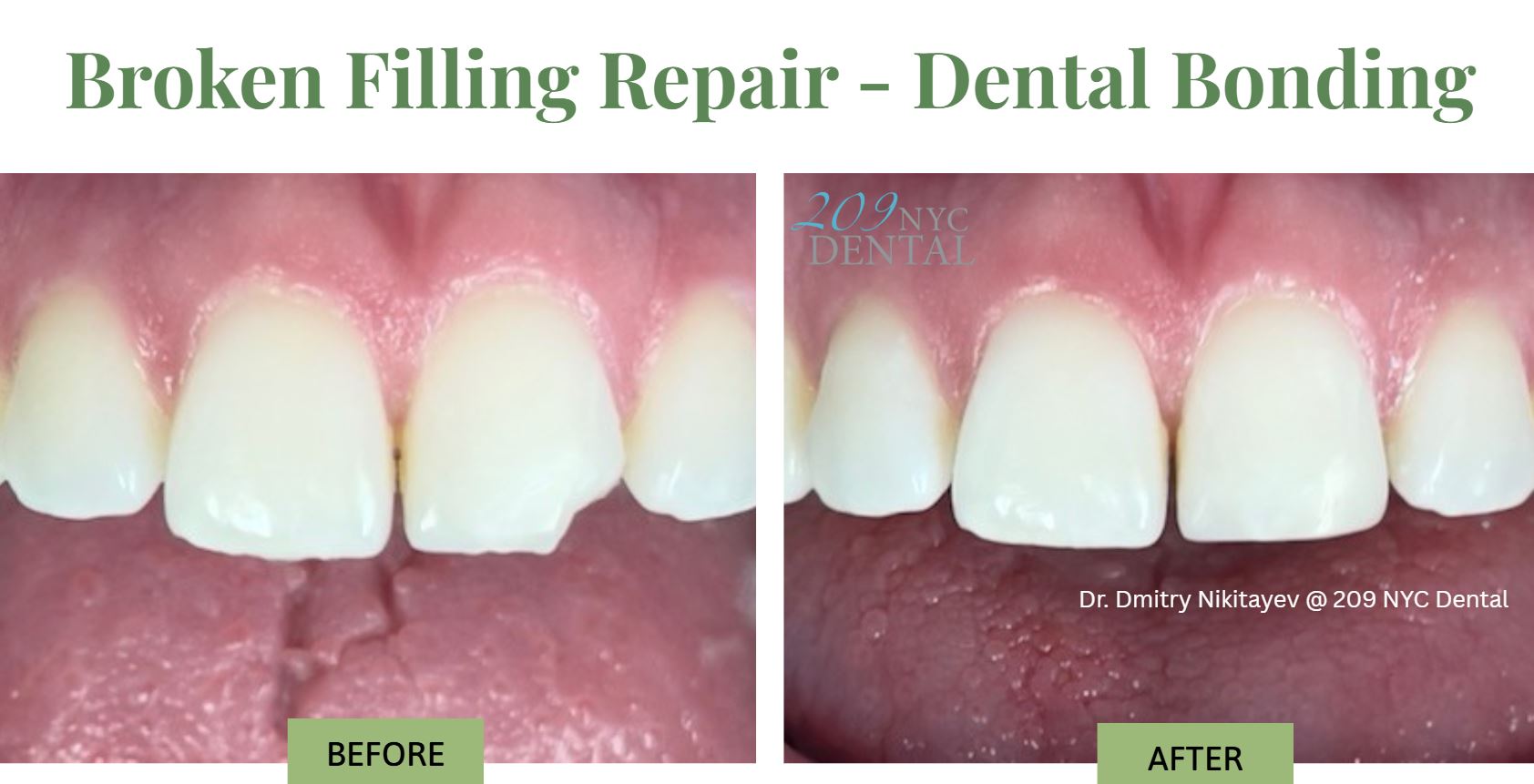
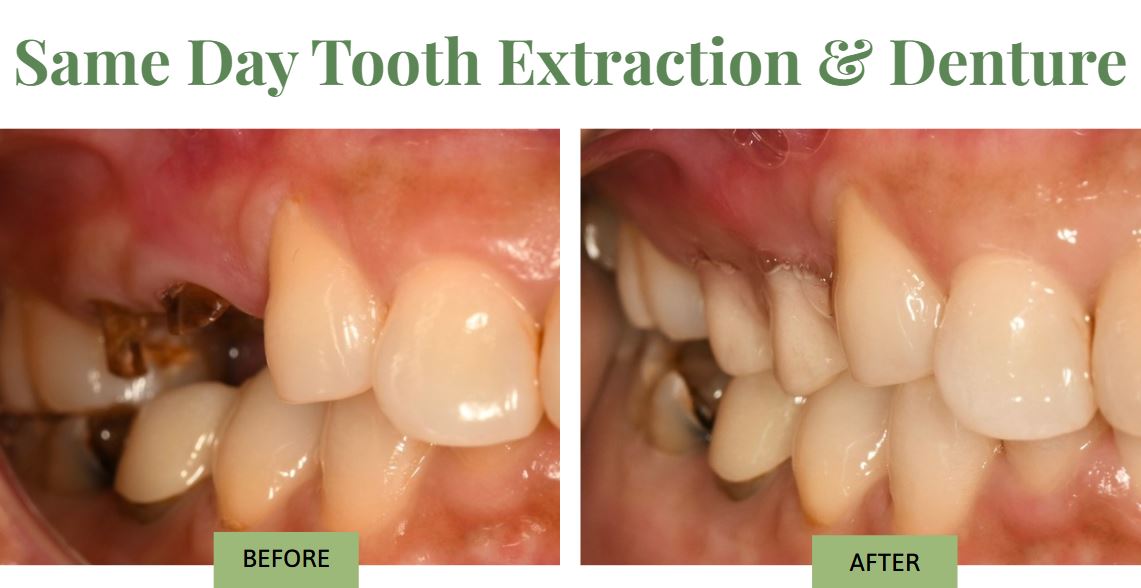
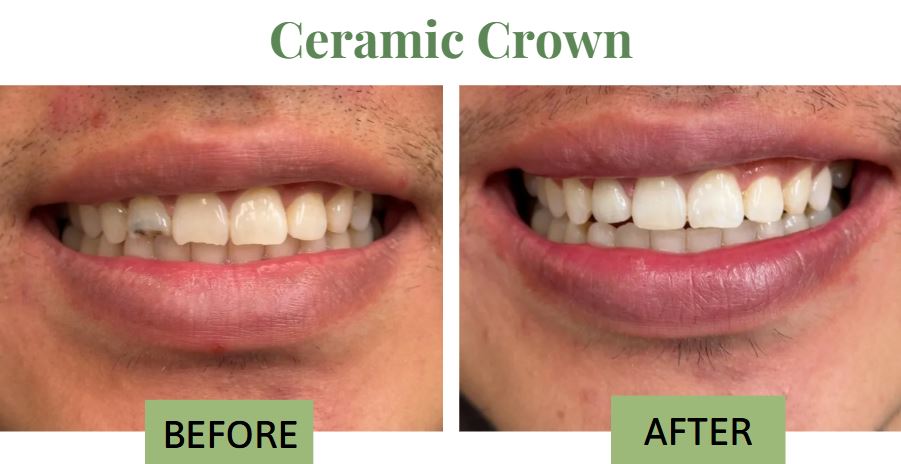
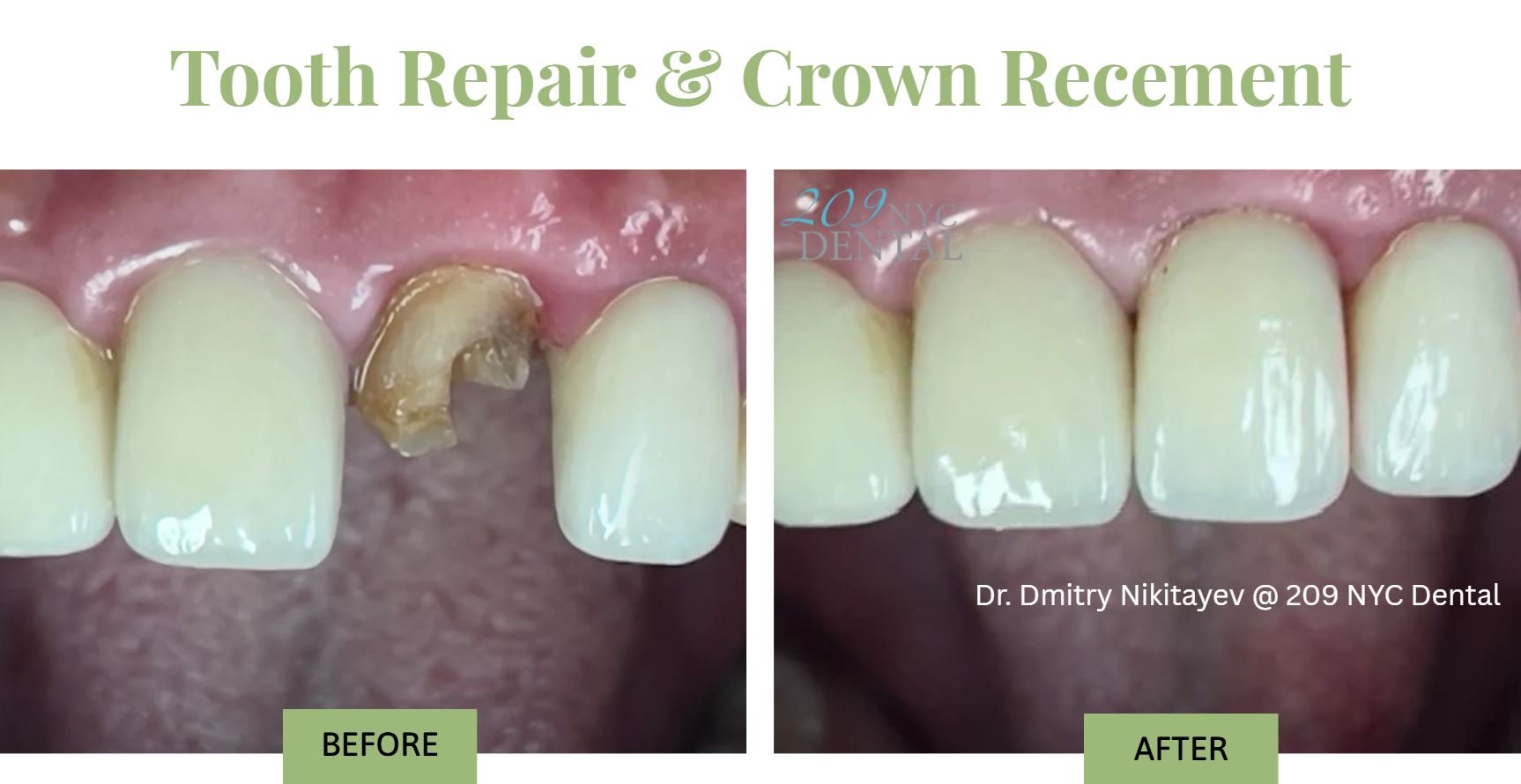
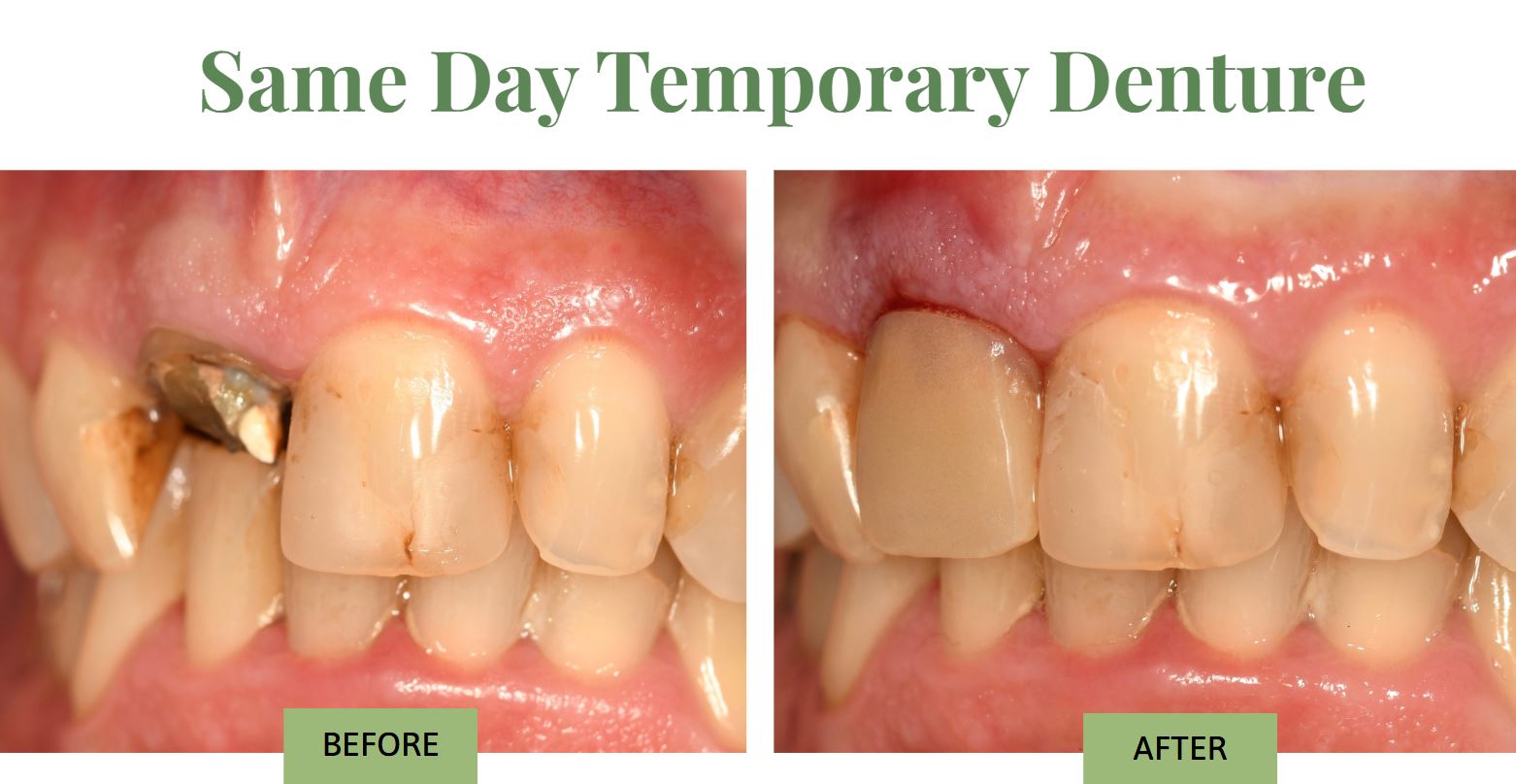
Our Patients’ Reviews
Read Patient Stories See Dr. Nikitayev’s Cases
Emergency Dentist Near Me: Walk-In Urgent Dental Care at 209 NYC Dental
As one of the trusted emergency dentists in New York City, our team delivers effective treatment quickly—protecting your oral health and overall dental health while preventing further damage or further complications.
209 NYC Dental Emergency Pricing, Insurance & Payment Options
- Most PPO dental insurance plans accepted. We verify benefits and review copay/coinsurance before treatment. We will file dental claims on your behalf so you can maximize your dental benefits.
- No insurance? $125 Evaluation (exam + up to 2 X‑rays + diagnosis + prescription if needed) with one of 209 NYC emergency dentists.
- Financing available through CareCredit for qualified patients.
- Clear, written estimates for any additional treatment before we begin.
- Need help verifying benefits? Contact our office and we’ll check eligibility before your appointment.
Serving Manhattan & Nearby NYC Neighborhoods
Directions & Parking
Convenient to Midtown East, Murray Hill, Kips Bay, Upper East Side, Midtown West, Sutton Place, Union Square, and the Grand Central area.
We’re at 209 E 56th St between 2nd and 3rd Ave, steps from the 4/5/6/N/R/W and E/M subway lines, near the Bloomberg building and Bloomingdale’s. Midtown garages on 57th Street make driving simple.
Need an emergency appointment with the right specialist in NYC today? We’ll match you to the best doctor for your case.
Call Us Now Request Appointment Online
FAQs about Emergency Dentistry in NYC
1) How much is an emergency dental visit near me? ▾
2) What is considered emergency dental? ▸
3) Where should I go for a dental emergency in NYC? ▸
4) Where do I go for emergency dental care after hours? ▸
5) Can I get emergency dental care with no insurance? ▸
6) Do you accept dental insurance for emergencies? ▸
7) Is there a dental emergency clinic near me in Manhattan? ▸
Let 209 NYC Dental take care of your urgent problem today!
Call Us Now Request Appointment Online
What Our Patients Are Saying
With over 1000 reviews from all over the web with an average rating of 4.9 we are proud to be in the Manhattan Dental Elite.
 Our History
Our History
 Our Providers
Our Providers
 About Us
About Us
 Blog
Blog
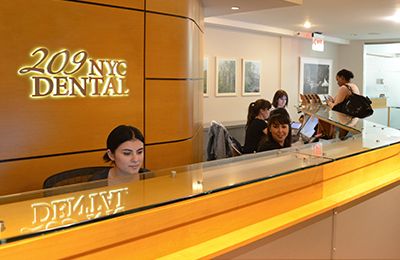 Contact us
Contact us
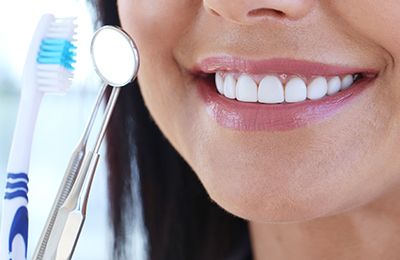 Diagnostic & Preventive
Diagnostic & Preventive
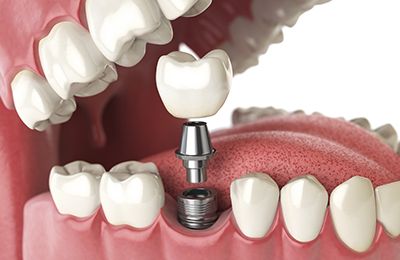 Implant Dentistry
Implant Dentistry
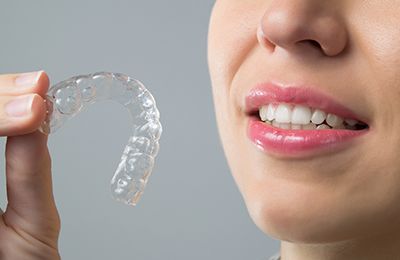 Clear Braces - Invisalign
Clear Braces - Invisalign
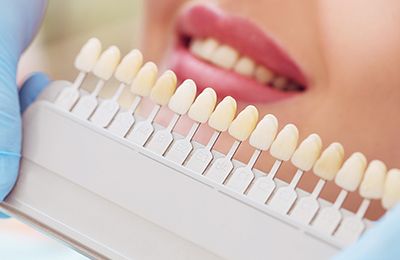 Cosmetic Dentistry
Cosmetic Dentistry
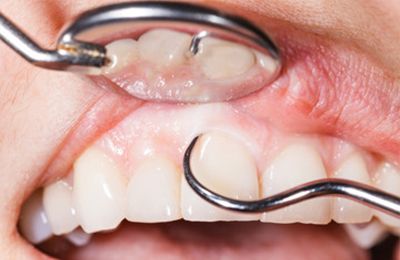 Periodontics
Periodontics
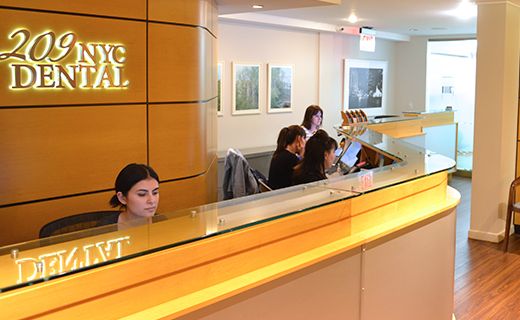 Patient Forms
Patient Forms
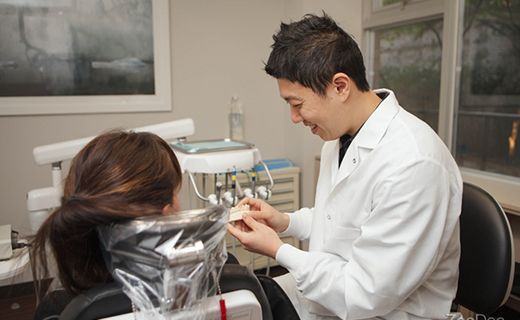 Payment Information
Payment Information
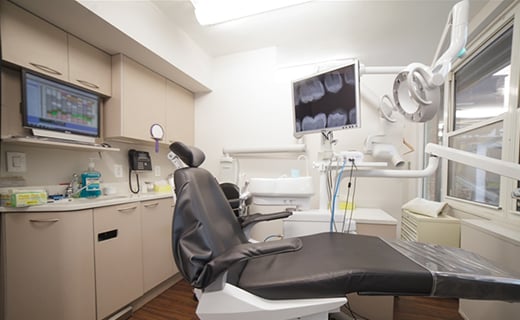 Insurance Options
Insurance Options
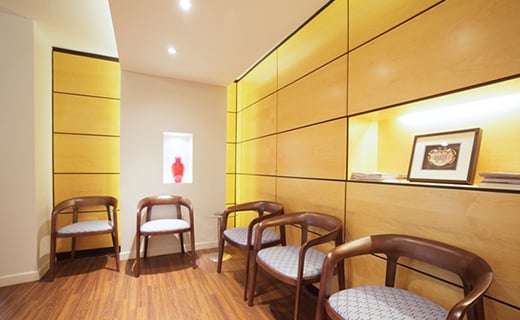 CareCredit Dental
CareCredit Dental
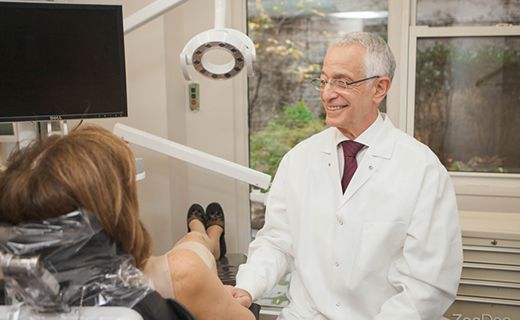 Appointment Policy
Appointment Policy
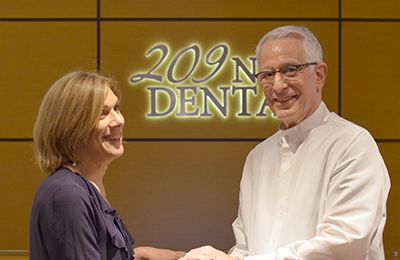 Free Consultation
Free Consultation
 Complimentary Teeth Whitening
Complimentary Teeth Whitening
 Teeth Whitening
Teeth Whitening
